1% for the Planet: How the Animal Health Sector Can Make a Difference
Many companies in the animal health sector pay their expenses, suppliers, and shareholders but don't "pay rent" to the Earth. Shocking, isn't it? What if contributing 1% of our sales to the environment became a non-negotiable standard?
Discover Our Reforestation Efforts
A New Standard for Environmental Commitment
Doug Tompkins, founder of Esprit and The North Face, once said, "Commit first, figure out how later." I cherish this idea, even though it challenges my cautious and analytical nature. It's a call to act without delay. Our planet is a shared treasure, yet we often neglect environmental preservation, much like a family member we take for granted.
We all understand the importance of protecting nature, yet there are always distractions—like an email to send or simply feeling tired—that prevent us from taking the necessary steps to preserve it. Imagine for a moment that our environment "left us." What would we do to win it back? As the saying goes, "You cannot eat money."
What if contributing 1% for the planet became a standard practice? Imagine if it were as routine as brushing our teeth. What if failing to make this contribution was frowned upon, like having an outdated website or using excessive packaging? Not "paying rent" to the planet would highlight an organization's poor management and its failure to take responsibility for its impact on Earth.
The Role of Consumers in Driving Market Innovations
One challenge to taking environmental action is the sense of powerlessness in the face of executive decisions. However, as consumers, we can influence companies towards adopting ethical practices. We can inspire real change by urging them to commit 1% of their profits to the planet. Put your money where your mouth is.
I'm tired of hearing the excuse that "there's no money." The animal health sector alone is projected to generate nearly $300 billion in revenue this year. If companies committed just 1% of that—around $3 billion—it could significantly contribute to healing our planet. This investment could fund reforestation projects, habitat protection, and ocean cleanups. Meanwhile, companies would still retain 99% of their revenue for shareholders, allowing them to thrive while fulfilling their responsibility to protect the Earth.
A Call to Action for a Greener World
It's time to hold the leaders of the animal health sector accountable and demand that they actively contribute to planetary preservation. It is a matter of will and public pressure. If a pharmaceutical or veterinary company cannot dedicate at least 1% of its resources to environmental efforts, we must question its priorities. Perhaps they should consider relocating to Mars, though that would be significantly more expensive.
EUTHABAG: Now Made from 100% Recycled Material
I received my pre-production sample of EUTHABAG in May, made from 100% recycled materials. It's one of our most ambitious goals, a dream close to my Earth-loving heart, made possible thanks to our supply partner, originally found through RECYC-QUÉBEC in 2010. I remember that year well—I was pregnant with my son, Cristobal. Back then, I had little hope that this supplier would believe in my project… but they supported me from the start.
Made from 100% Recycled Material
EUTHABAG launched in 2016, Cristobal was born in 2011, and EUTHABAG's recycled version arrived in 2024. What a journey! Bringing this idea to market and soon offering the most ecological option in the world fills me with pride. I never imagined how much work it would require—like raising a big family! Would I do it all over again? The answer varies from day to day! But today, I see the path illuminated by stars and feel completely aligned with my core values, ambitions, and deep love for our planet.


